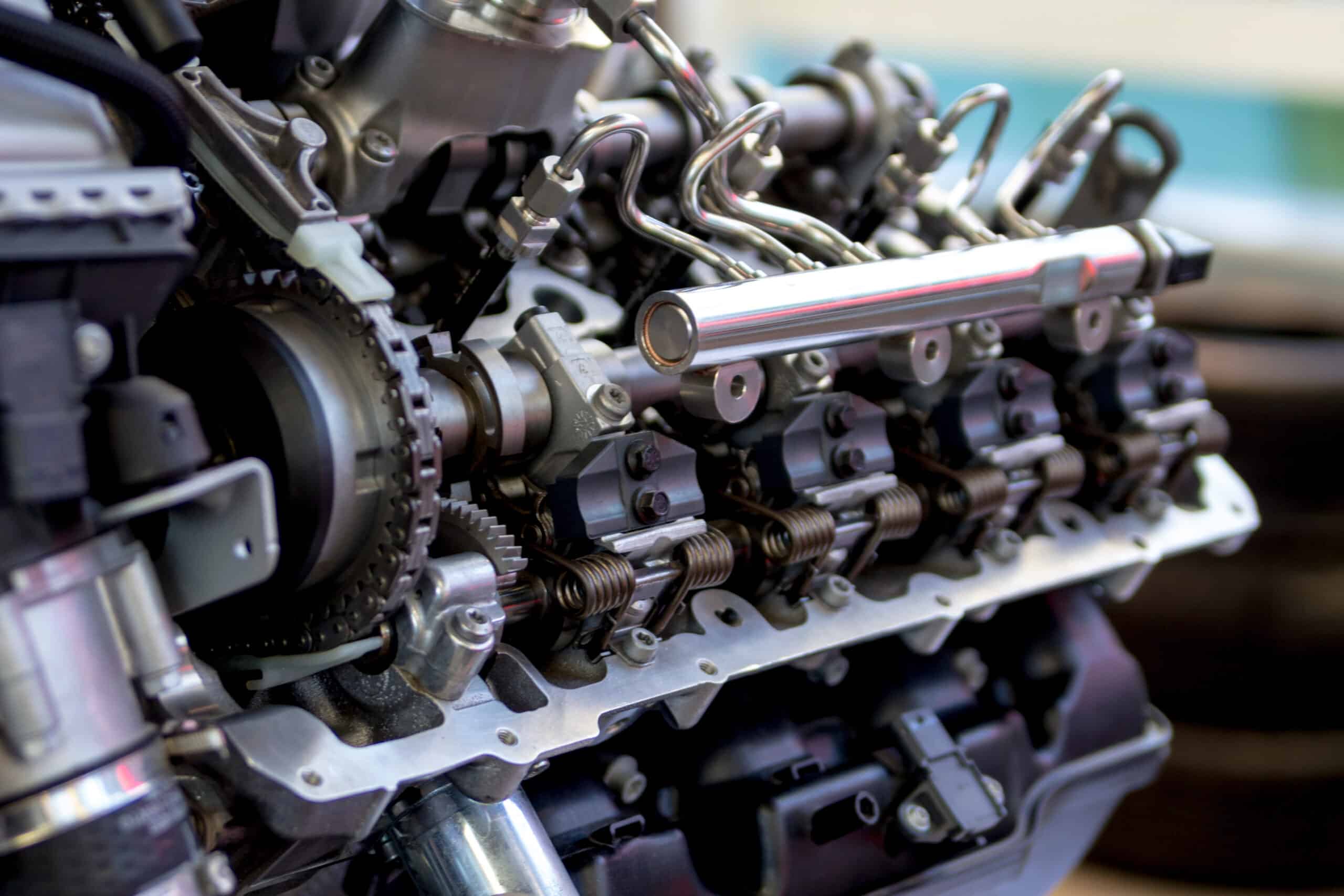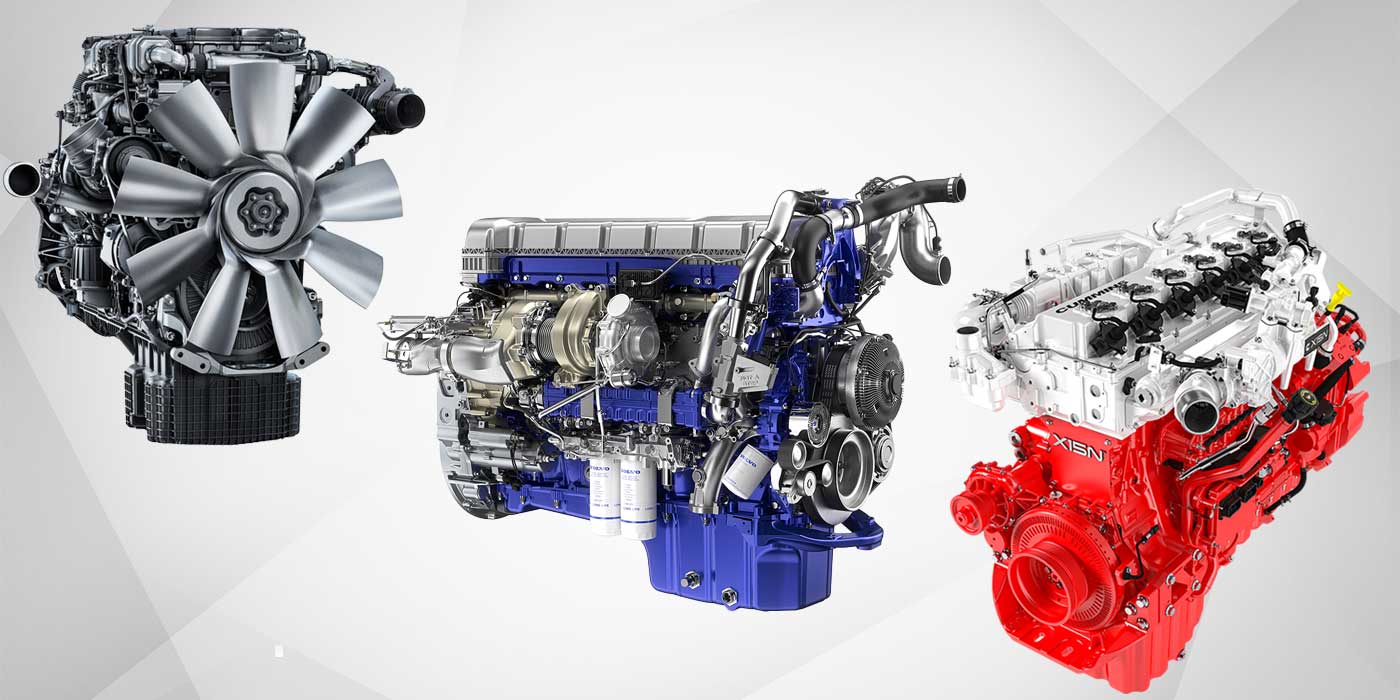Why Pick Engines For Africa for Reliable Motors
Why Pick Engines For Africa for Reliable Motors
Blog Article
Explore a Large Range of Engines for each Vehicle and Objective
The vehicle landscape is increasingly intricate, with a varied range of engine kinds designed to fulfill certain efficiency and effectiveness demands across different lorry groups. From the high-performance engines that power cars to the fuel-efficient alternatives customized for daily commuting, the choices are large and varied. Furthermore, sturdy engines offer the demands of work automobiles, while green options are obtaining traction in the quest of lasting transport. Recognizing these distinctions is essential for making notified choices, especially as emerging innovations continue to shape the future of auto engineering. What implications might these innovations hold for makers and customers alike?
Kinds of Automotive Engines
Automotive engines can be categorized right into a number of distinct types, each developed to fulfill certain efficiency and effectiveness needs. One of the most typical categories include interior combustion engines, electric engines, and hybrid systems.

Electric engines, on the other hand, operate electrical power stored in batteries, supplying immediate torque and zero exhausts. These engines are coming to be increasingly prominent because of developments in battery modern technology and the expanding emphasis on sustainability.
Hybrid systems integrate both interior combustion and electrical engines, making it possible for automobiles to maximize fuel effectiveness and lower exhausts by seamlessly changing in between power sources. Each engine kind offers its benefits and drawbacks, affecting elements such as automobile design, intended usage, and market need. When picking the appropriate engine for their specific requirements., understanding these differences is essential for manufacturers and customers alike.
Performance Engines for Sports Cars
Efficiency engines for cars are especially crafted to supply improved speed, dexterity, and power, setting them apart from typical auto engines. These engines usually make use of advanced modern technologies such as turbocharging, supercharging, and variable shutoff timing to maximize efficiency and responsiveness.
Usually, efficiency engines are designed with higher compression ratios, which permit better energy removal from fuel. This leads to remarkable horse power and torque numbers, allowing rapid velocity and higher full throttle. In addition, the light-weight products utilized in these engines, such as light weight aluminum and carbon fiber, add to lowered overall car weight, enhancing handling and ability to move.
Engine arrangements like V6, V8, and also hybrid systems prevail in performance cars, each offering distinct advantages in terms of power shipment and driving dynamics. The adjusting of these engines is likewise essential; many producers maximize the engine management systems to provide an exhilarating driving experience, often including sporting activity modes that change throttle feedback and gear shifts.
Effective Engines for Daily Commuters
In the world of everyday commuting, effective engines play a vital function in maximizing gas economic climate and minimizing discharges while supplying trusted efficiency. As metropolitan populations expand and environmental issues escalate, the demand for lorries equipped with efficient powertrains has actually surged.
Modern engines created for day-to-day commuters often integrate technologies such as turbocharging, direct gas injection, and crossbreed systems. Turbocharging boosts engine efficiency by forcing even more air right into the burning chamber, permitting for smaller sized, lighter engines that do not compromise power result. Straight fuel injection enhances gas atomization, leading to far better burning and boosted performance.
Hybrid engines, combining internal burning with electric power, additional boost fuel economy, particularly in stop-and-go web traffic, where conventional engines can struggle with inefficiencies. Electric electric motors help during acceleration and can operate independently at low speeds, reducing general fuel usage.
In addition, developments in engine management systems and lightweight products contribute considerably to effective engine layout. By concentrating on efficiency, sturdiness, and environmental sustainability, suppliers remain to provide engines that not just fulfill the demands of day-to-day commuting yet also straighten with global efforts to decrease carbon footprints.
Heavy-Duty Engines for Job Cars
Durable engines for job lorries are consistently engineered to deliver look at this web-site remarkable torque and integrity under demanding problems. These engines are made to do in atmospheres where standard engines might fail, such as building sites, logging procedures, and farming settings. The key focus of heavy-duty engines is their ability to generate high degrees of power while maintaining resilience over expanded periods of operation.
Usually, heavy-duty engines use innovative products and durable building and construction methods to endure the rigors of hefty workloads. Functions such as reinforced cyndrical tube blocks, improved cooling systems, and progressed gas shot technologies add to their efficiency. These engines commonly operate at reduced RPMs, which aids to optimize gas performance while offering the required power for hauling and hauling.
Along with mechanical toughness, sturdy engines are commonly outfitted with innovative digital control devices (ECUs) that manage efficiency, exhausts, and diagnostics. This assimilation permits better tracking and upkeep, ensuring that job lorries why not try this out stay efficient and functional.
Ultimately, heavy-duty engines are a vital part in the productivity of different sectors, giving the needed power and dependability to tackle the hardest of jobs.
Eco-Friendly Engine Options
The expanding emphasis on sustainability has resulted in the advancement of environment-friendly engine alternatives that prioritize decreased exhausts and improved gas effectiveness. These engines are created to decrease the environmental influence of automobiles while still supplying the efficiency and integrity anticipated by customers.
Amongst one of the most remarkable environment-friendly choices are electrical and hybrid engines. Hybrid engines integrate standard interior combustion engines with electrical propulsion, enabling reduced gas consumption and reduced greenhouse gas exhausts. Electric engines, on the various other hand, operate completely on battery power, generating zero tailpipe discharges and adding to cleaner air top quality.
One more appealing growth is the innovation of biofuel engines, which utilize renewable resources, such as plant products, to power cars (Engines For Africa). By utilizing biofuels, these engines can reduce reliance on fossil fuels and reduced total carbon footprints

As the automobile industry advances, environment-friendly engine options will play an important function in driving the transition in the direction of more sustainable transportation remedies.
Conclusion
The automotive sector offers a varied range of engines designed to meet numerous automobile needs and purposes. From high-performance engines that enhance cars abilities to effective models prioritizing fuel economy for day-to-day commuters, each type serves a certain function. Durable engines accommodate robust job lorries, while environment-friendly options, such as electrical and biofuel engines, advertise sustainable transport. This thorough range ensures that all driving requirements are dealt with, contributing to advancements in automobile technology and ecological stewardship.

Report this page